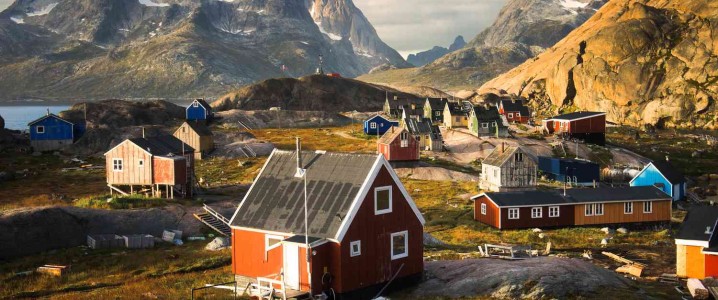Denmark has summoned the U.S. envoy after intelligence reports of suspected influence operations in Greenland, a mineral-rich Arctic territory central to offshore oil prospects and critical minerals, Reuters reported on Wednesday, describing the effort as an attempt to promote secession.
The development adds urgency to oversight of exploration and mining policy, with Danish officials saying the case could impact licensing timelines and control of future export routes.
According to media reports, at least three Americans tied to U.S. President Donald Trump engaged with Greenlandic politicians and figures and compiled lists of locals deemed supportive or hostile to U.S. aims. The foreign ministry called the activity unacceptable. The U.S. mission in Copenhagen is led by chargé d’affaires Mark Stroh.
Greenland contains significant deposits of rare earths and uranium alongside prospective offshore hydrocarbons that are undeveloped. Its position near emerging Arctic shipping lanes is elevating its value for energy trade and mineral exports as sea ice thins. The resource profile positions Greenland to supply permanent-magnet materials for wind turbines and EV motors, while uranium lends a dual energy role. Western planners also eye Greenland for catalysts and grid storage feedstocks.
Earlier this year, U.S. officials pressed the Tanbreez project to bypass Chinese buyers, highlighting how competition over critical minerals is shaping Arctic policy and procurement strategies. The island’s proximity to the Arctic makes it a logical focus for President Trump’s transactional approach to securing energy and minerals. Investors note Arctic corridors that could shorten voyages for crude and LNG. Seasonal access windows remain limited but widening.
Local leaders have maintained a cautious posture toward large-scale extraction. Environmental and social concerns have slowed efforts to transform the territory into a mining superpower, even as demand grows for materials used in wind turbines, batteries, and defense systems. Officials in Nuuk and Copenhagen continue to state that the island is not for sale. Greenland’s cabinet continues to weigh environmental baselines, hiring, and revenue-sharing before advancing projects.
By Charles Kennedy for Oilprice.com
More Top Reads From Oilprice.com

